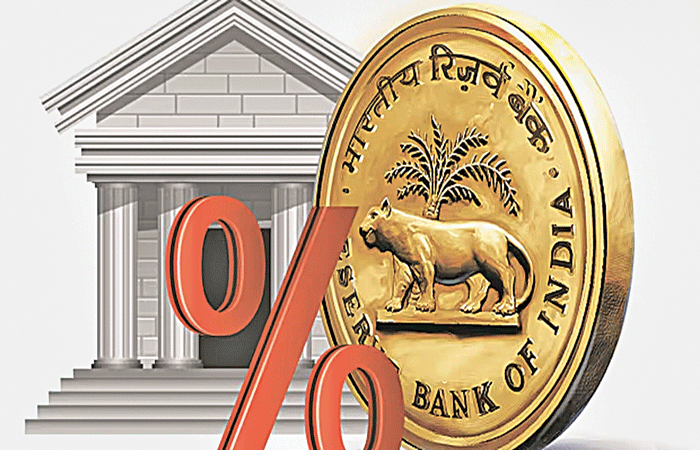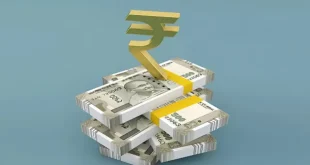
Mumbai: In view of the formation of a coalition government at the Centre, the possibility has increased that the Reserve Bank of India will keep the repo rate unchanged for the eighth consecutive time at the end of its three-day meeting tomorrow.
In a situation of mixed government, rulers are under pressure to take popular measures which results in deteriorating fiscal calculations. In the last seven meetings, the Reserve Bank has kept the repo rate at 6.50 percent.
The BJP government has lost its majority in Parliament and it has become imperative for it to form a coalition government. To regain the confidence of the public, the BJP-led government will have to keep announcing populist measures that could pose a threat to fiscal discipline. Inflation in particular could pose a risk, said an analyst.
Before taking any decision on the repo rate, the Reserve Bank will keep an eye on the first budget to be presented by the new government next month.
Due to high prices of food items, the retail inflation rate in the country stood at 4.83 percent in April, which is more than the Reserve Bank's target of four percent. The condition of the monsoon of the current year will also be considered.
The Reserve Bank will decide on a repo rate cut only after the full budget for the current financial year is presented, the progress of the monsoon and inflation figures are taken into account. A banker said that at the end of the three-day meeting of the RBI's Monetary Policy Committee (MPC) starting on June 5, the committee is more likely to keep the repo rate unchanged.
As a result of high inflation, the Reserve Bank has kept the repo rate on hold for some time now and is cautious about any reduction in it. The first interest rate cut can be seen in the fourth quarter of 2024 and that too can be up to five percent.
The RBI has been mandated to maintain retail inflation at 4 per cent but retail inflation is still relatively high due to high food prices.
 look news india
look news india

